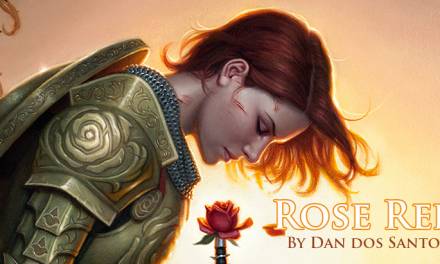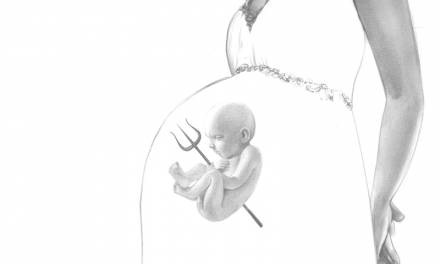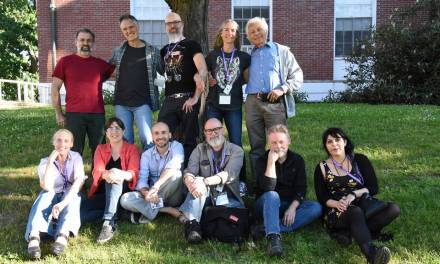I know this is an old video, but I re-watched it recently and forget just how charming it is. In this video, Elizabeth Gilbert (Author of ‘Eat, Pray, Love’), discusses why it is that artists fear failure so strongly, and what we can do about it.
It’s by no means scientific, but it is light hearted, inquisitive and refreshing.
[youtube https://www.youtube.com/watch?v=86x-u-tz0MA?rel=0]






Errr… I actually didn't really like the speech. It feels weird to say this but, I think I in some way disagree with her.
Also, great blog. Been a follower for some time now. 🙂
I can see why. At times it seem like she's just creating an excuse to place the blame of personal failure on someone else. But when describing inspiration, she comes so close to capturing that elusive quality of creativity, that it adds a sense of wonder back into it for me.
Maybe I'm not quite there yet.
But for me (at least now) creativity is a pretty straight forward process. Sure, ideas just pop up, but it's not really random you know. Most of the time it's in relation to whatever I'm into right now or some movie, quote, music, science article, book, painting that I recently ran into. Or all of the above jumbled together into a soup. And then I have to write or sketch the idea down on paper and then I have to refine it with maybe the visual library I have or dig after references and just build on it.
I just don't see the need for this “mysticism”. For me it's just experience and hard work.
I'm probably missing something since I'm very new at this.
Maybe I don't even know what the word creativity mean. Hmmm.
And yes, the first part did feel like she was just trying to blame something else. Sure, maybe it would make creativity more productive if we could push the responsibility onto something else, but whats the point when you don't really believe it?
Sorry, I'm rambling and my writing sucks.
I dont think she is talking about personal failure so much as mediocrity, an easy trap to fall into if you get too fixated on a process. We all have our process and methods for getting our creative juices flowing and still every once in a while we hit one out of the park. We may think we know exactly why, but if we did, we'd replicate it every time. Or we may be completely baffled by a singular success. The artist is influenced by so many things, some obvious, some very subtle. I dont think we ever really know where our unexpected successes come from, and I think her point is that we dont really need to know, we just have to keep working hard without fear.
I really enjoyed it. In a way she could be just talking to her subconscious by turning around and talking to the wall, but I'm not a psychologist. This was interesting to learn a little something about how The Greeks and Romans saw their creative people.
I also enjoyed the talk from Steve Jobs about connecting the dots, but that's a different topic.
Thanks for sharing this.
Dan, have you seen the video of John Cleese giving a talk about creativity and play? I rather liked his approach to it all:
http://vimeo.com/18913413
I enjoyed it–thanks. Whether I like it or not, this culture does seem to dismiss (fear) any occupation/idea/person that can't guarantee quick or safe monetary gain. Gilbert's speaking to something all visionaries/artists have heard and felt at one time or another. I didn't exactly hear blame, I heard about ways to avoid one of a variety of traps that are part of the world–one that often imprisons not just transcendent genius, but all creatives. I find that dismissal (most often presented as a “helpful” warning) to be a destructive force that needs to be neutralized by each artist, not only for him/herself, but for other artists, especially the young ones.
Thanks for this, Dan.
I have been wrestling with my art for months now and Gibert's talk has helped me out. Nothing we artists do is half as good as we want it to be. We shoot for Rockwell and deliver something far less original and rendered half as good as Norman could do it. Each piece we do fails to be what we want, on so many levels, that it can crush your will to get back up and start another painting.
It's this feeling of crushing failure that Elizabeth is talking about. Sure, if you're an artist that has a style and process down, and you don't aspire to anything greater than what you do now, her lecture is going to seem like wasted air. But for the rest of us, we can now off-load our feelings of failure to an imaginary (if you wish) entity. It's *all about* shifting blame because we mere artists cannot handle the feeling that we're constantly failing. It's a pity that our world is losing it's 'mystical' aspect because those that believe in something 'mystical', whatever that may be, will be the ones to take Elizabeth's suggestion and run with it, and, possibly, give the world something majestic.
Again, thanks Dan.